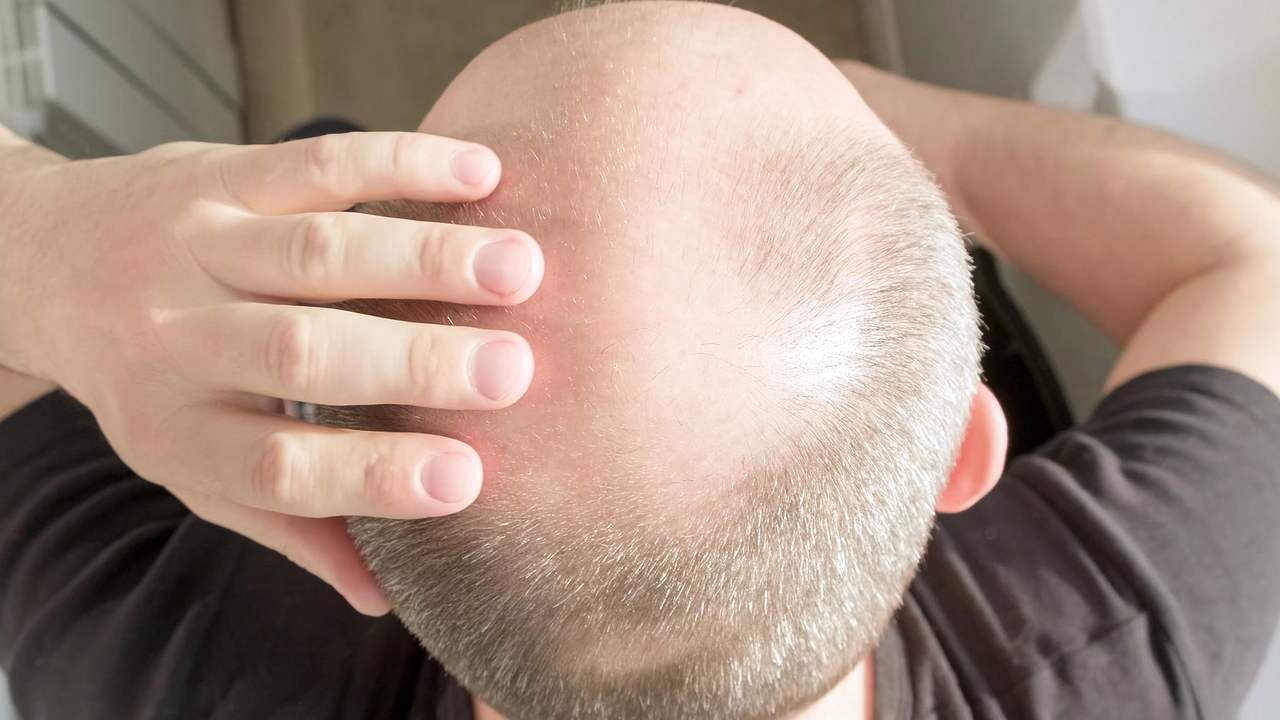Men's Health Essentials: Quick Tips & Resources
Feeling good in your 30s, 40s, or beyond starts with a few simple habits. You don’t need a medical degree to make smarter choices—just clear, actionable advice you can start using right now.
First, get a baseline check. A basic physical, blood pressure reading, and cholesterol panel give you a snapshot of where you stand. Keep a copy of the results; they become your reference point when you tweak diet or exercise.
Common Concerns for Men
Prostate health tops many men's worry lists. Starting at age 45, talk to your doctor about a PSA test and digital exam. Early detection catches issues before they become serious.
Hormone shifts, especially testosterone drop, often cause fatigue or reduced muscle mass. If you notice a slump, ask your doctor for a hormone panel. Sometimes lifestyle tweaks—more sleep, strength training, balanced fats—can lift levels without medication.
Heart disease remains the leading cause of death in men. Keep an eye on waist size, aim for less than 40 inches, and move at least 150 minutes a week. Even short walks break up sedentary time and boost cardiovascular health.
Practical Steps to Stay Healthy
Nutrition doesn’t have to be fancy. Fill half your plate with vegetables, a quarter with lean protein like chicken, fish, or beans, and the remaining quarter with whole grains. Cut sugary drinks; water, tea, or black coffee work just fine.
Strength training is a game-changer. Two sessions a week—bodyweight squats, push‑ups, or dumbbell rows—preserve muscle and support testosterone production. Pair with short, high‑intensity cardio bursts to improve heart health.
Sleep quality matters. Aim for 7‑8 hours, dark room, no screens an hour before bedtime. If you struggle, try a consistent wind‑down routine: light stretching, deep breaths, or a warm shower.
Stress can sabotage every good habit. Practice quick stress‑busting tricks like a 5‑minute walk, breathing exercise, or a brief hobby break. Chronic stress spikes cortisol, which can lower testosterone and raise blood pressure.
Regular screenings keep you ahead. Schedule a yearly physical, keep immunizations current, and discuss any new symptoms with your doctor promptly. Early action saves time, money, and health.
Finally, stay informed. Subscribe to reliable health newsletters, follow reputable medical sites, and ask your healthcare provider for the latest guidelines. Knowledge empowers you to make the best choices for your body.
Take one tip today—maybe a quick walk or a blood pressure check—and build from there. Small steps add up to a stronger, healthier you.

